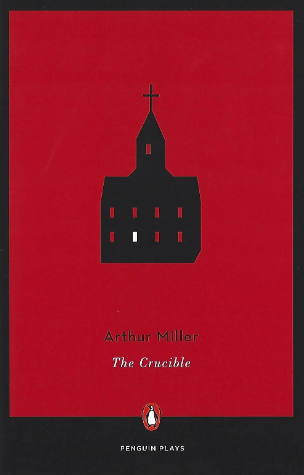
Going into “The Crucible,” I knew nothing more than what my brother had told me about it:
- It focused on the Salem Witch Trials
- He thought that I would enjoy it
Though I had heard of the famous- or infamous, depending on who you ask- playwright, I did have the intention to read it at some point as I have always been fascinated by the Salem Witch Trials. As I read, though, I realized the play was much more than only an interpretation of this historic event.
Released in 1953, Arthur Miller’s, “The Crucible,” is both so of its time while also calling back 261 years. It recounts the events that led up to the trials, the trials themselves and the comparison between the events that took place with, then, current events.
Within the acts of the play, Miller takes short breaks to compare the fear and the prejudice faced by the accused in Salem due only to rumors to the same fear insighted towards Communism in the ‘50s.
Moreover, it alludes to the specific act of denouncing others for supposedly aligning with Communism and the Soviet Union- known as McCarthyism after Senator Joseph R. McCarthy; a parallel that can be seen directly in the book when Salem folk denounced one another without merit.
As I finished the playwright, I began to research Miller more in depth, and found in an article titled “Why I Wrote ‘The Crucible’.”
A quote that really captivated me and felt was just as relevant then than now was “[w]hat terrifies one generation is likely to bring only a puzzled smile to the next.” Just as the quote deduces, what was once the epitome of evil, supposed witches in Salem, has now become attractions, stories and overall marketing for the gaining of the town.
And one must remember that though this is only a historical account, there was real people that suffered the consequences of fear and the unknown, and to this day continue to fall victim to the towns taking advantage of them.
Sources
History, Social Commentary, and Arthur Miller’s The Crucible


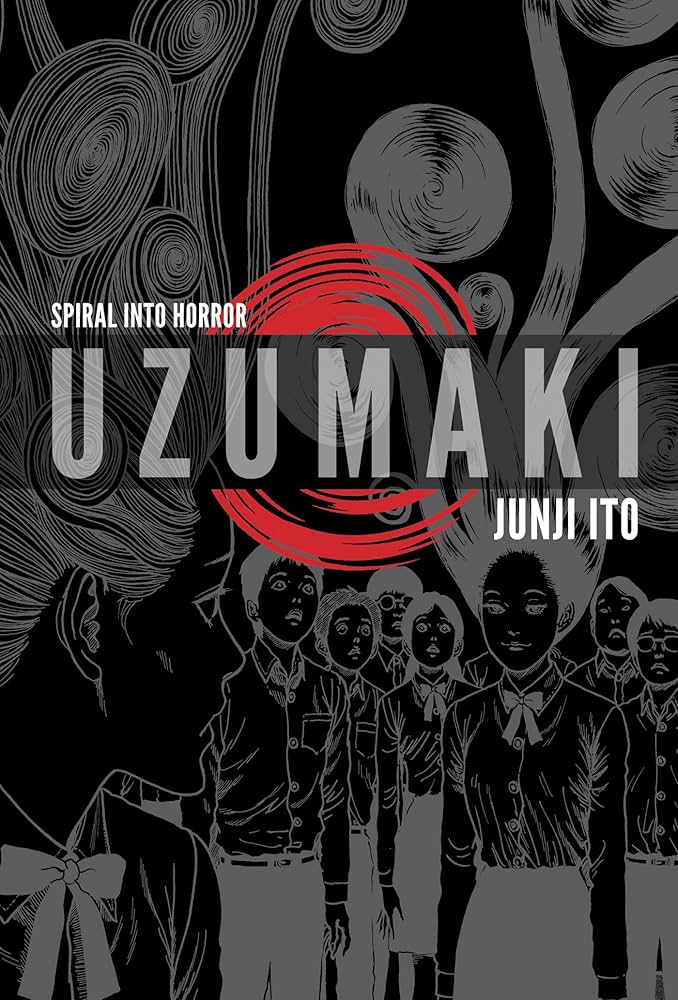
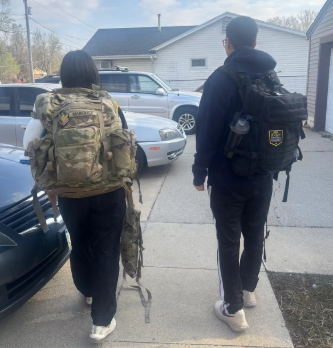
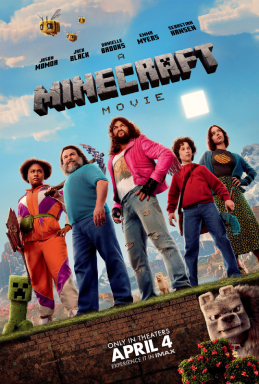
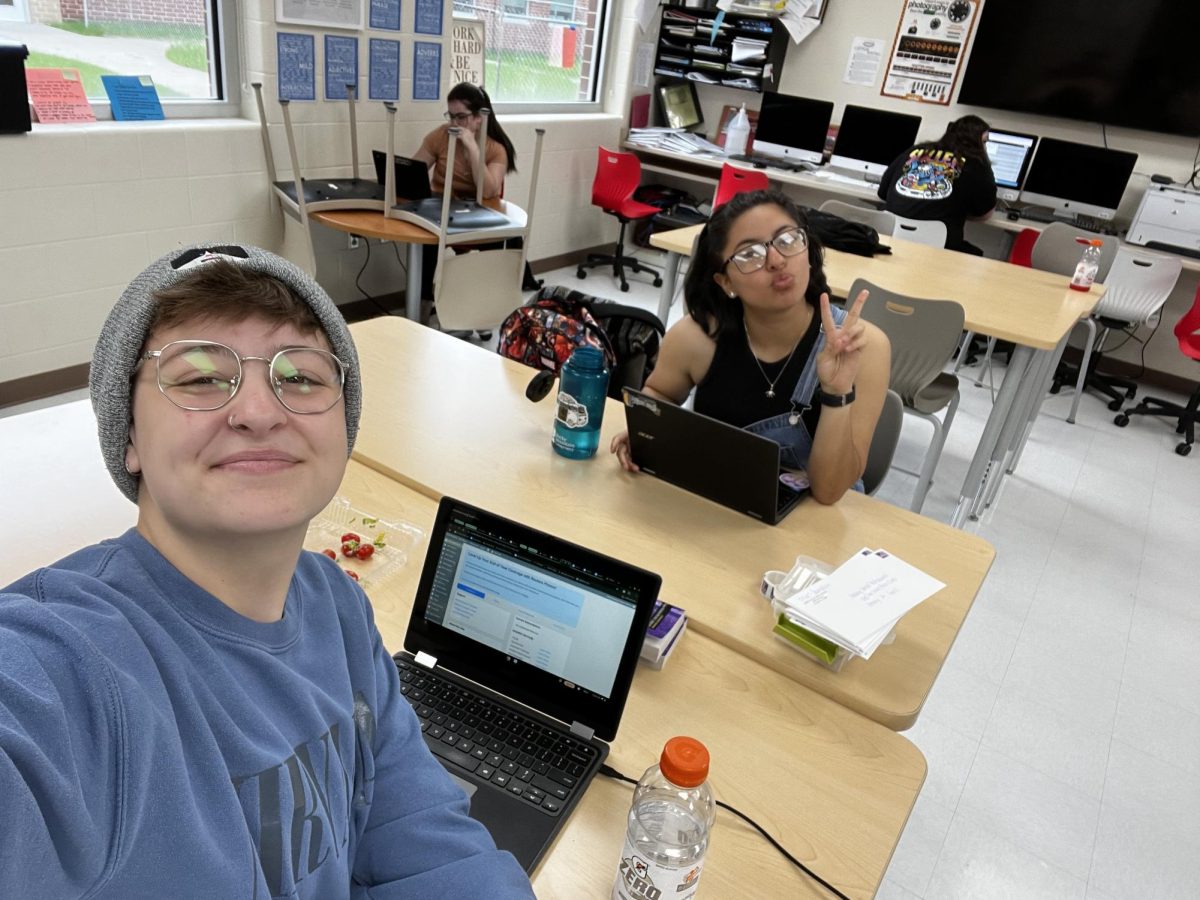
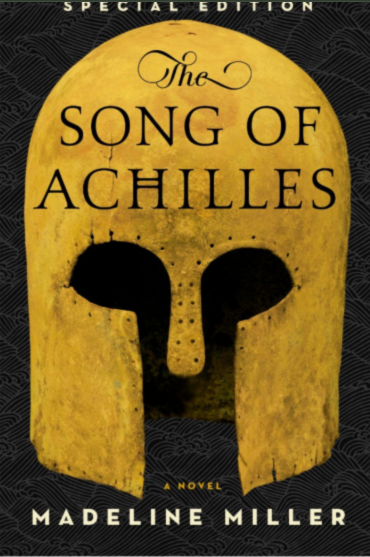

Cynthia K Rauser • Jan 17, 2025 at 10:23 am
Such a well written article on such a prominent book and playwriting, Arthur Miller. Though I was fairly young , I remember McCarthyism, it was a very restless time in our government when actually Democrats and Republicans, though they were different they were not at all like today’s parties. There was much suspicion between both regarding communism and the hearings were scary. The relations between Russia and the USA were shaky and everyone was suspect. The assassination of Lee Harvey Oswald after the shooting of President John F. Kennedy was the catalyst that brought on the already broiling thought that every other person standing next to you was a American-Russian time. To equate this fairly, it would be like 2 days after 9/11 thinking anyone who was Muslim was an ISIS terrorist. This isn’t the case of course, but none the less just as suspicious. When originally reading this book, many years ago- I never really noticed the parallels- but honestly I can see it now sort of. It really isn’t a far stretch as everything that happens in history like these 2 separate (not so different events) are mostly based on fear and fear mongering. Now that’s not to say there are not or were not Russian spies amongst us, because of course we know otherwise. But not everyone is a witch and not everyone is a spy
Zoe Marquez • Jan 17, 2025 at 11:39 am
Cynthia, thank you so much for your insight on the topic! As a student that only ever reads about these events, and only looking at things retrospectively, I appreciate your response and feedback!